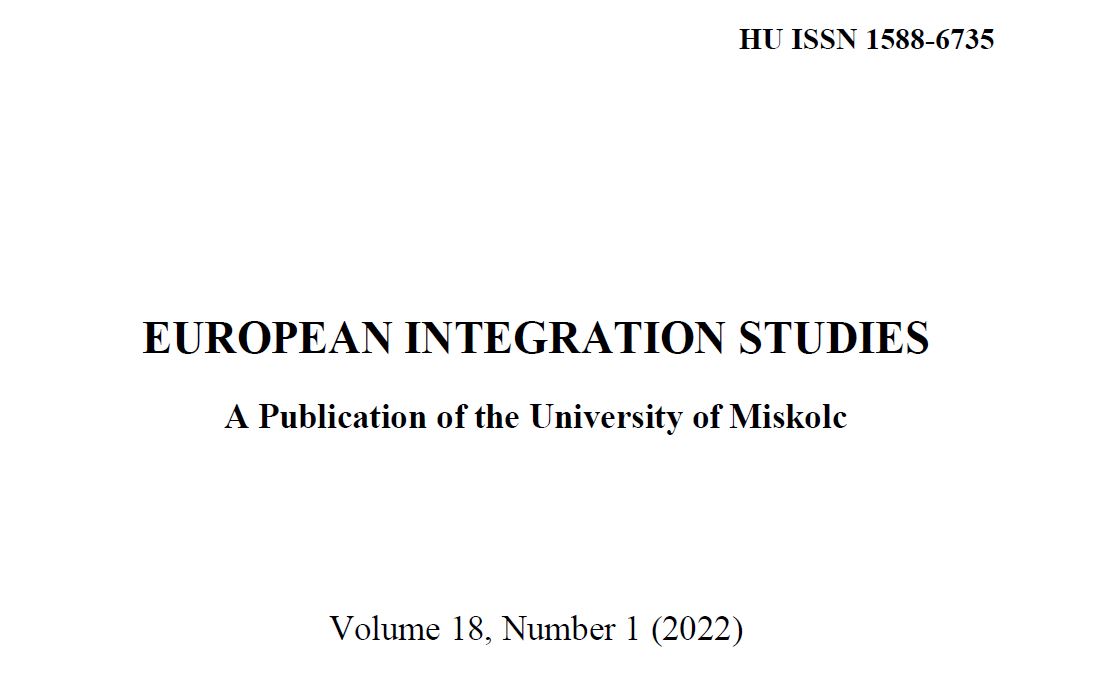Restitution claims for null and void contracts
DOI:
https://doi.org/10.46941/2022.e1.102-122Schlagworte:
null and void contracts,, restitution claims,, statute of limitations,, unfair contract termsAbstract
In Croatian law, the nullity of contracts is prescribed for the gravest and most serious breaches of the fundamental principles of social order originating from the Constitution, the mandatory laws, and the morals of the society, as well as for the most serious breaches by the parties to a contract. Null and void contracts do not produce the legal effects they produce if valid. In the cases of nullity, each contractual party is obligated to effect restitution to the other party for anything received under the void contract. The enforcement of restitution claims after null and void contracts became a topical question for legal
practitioners, academics, as well as wider public after a final decision had been issued by the Croatian courts regarding a consumer collective action, declaring the contract terms containing CHF foreign currency clauses and variable interest rates in consumer credit contracts as unfair. A question that was raised was how collective actions affect the statute of limitations applied to individual restitution claims for the amounts overpaid under such unfair contract terms. On the other hand, it was a matter of dispute how the limitation period was calculated and when it started to run for individual restitution claims. The courts altered the existing opinions concerning the calculation of the limitation periods for the restitution claims after null and void contracts. This paper presents the most recent opinions by the highest Croatian courts on the pursuance of restitution claims after null and void contracts. The paper also analyses their effects on the protection of the contractual parties, as well as on legal security in general.
Literaturhinweise
REFERENCES
Baretić, N. – Maganić, A. (2021). Otvorena pitanja o restitucijskim zahtjevima iz ništetnosti pravnih posla nakon pravnog shvaćanja Vrhovnog suda RH. Informator, br. 6696, 13. 9. 2021. Available at: https://informator.hr/strucniclanci/otvorena-pitanja-o-restitucijskim-zahtjevima-iz-nistetnih-pravnih-poslova-nakon-pravnog-shvacanja-vrhovnog-suda-rh (Accessed: 31 October 2021).
Eraković, A. (2020). Zastara restitucijskih zahtjeva koji nastaju kao posljedica ništetnosti pravnog posla. Pravo i porezi, Vol. 2020, No. 11, pp. 36–42.
Gavella, N. (2019). Privatno pravo. Zagreb: Narodne novine.
Gorenc, V. et al. (2014). Komentar Zakona o obveznim odnosima. Zagreb: Narodne novine.
Josipović, T. (2019). Ad hoc legislation in the financial crisis (Croatian model of the fight a over-indebtedness of citizens). In: Csach, K. (ed.). Ad hoc legislation in private law, Ad hoc legislatíva v súkromnom práve. International Scientific Conference. Praha: Leges, pp. 158–184. Available at: https:// www.truni.sk/sites/default/files/uk/f000103.pdf
Josipović, T. (2020). Kroatische Verbraucher vs Kredite in CHF – ein Drama in fünf Akten ohne Schlussakt. Osteuroparecht Recht, Vol. 66, No. 1, pp. 4–33, https://doi.org/10.5771/0030-6444-2020-1-4.
Jug, J. (2016). Ništetnost ugovora – posljedica, zastara i druga sporna pitanja. In: Aktualnosti hrvatskog zakonodavstva i ipravne prakse. Vol. 23, Zagreb:Organizator, pp. 159–198.
Klarić, P. – Vedriš, M. (2014). Građansko pravo. 14th edn. Zagreb: Narodne novine.
Metelko, I. (2021). Aktualnosti u pitanju zastarijevanja restitucijskih zahtjeva u slučaju. 6 Septembre 2021. Available at: www.iusinfo.hr (Accessed: 1 Decembre 2021).
Nikšić, S. (2014). Contract Law. In: Josipović, T. (ed.). Introduction to the Law of Croatia. Alphen aan den Rijn: Wolters Kluwer, pp. 133–160.





